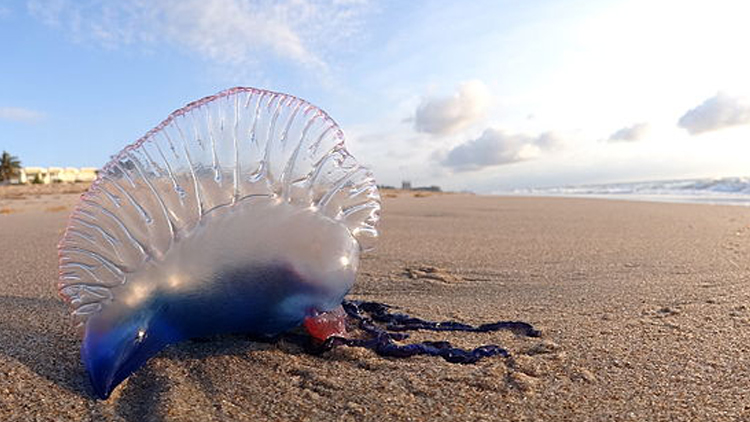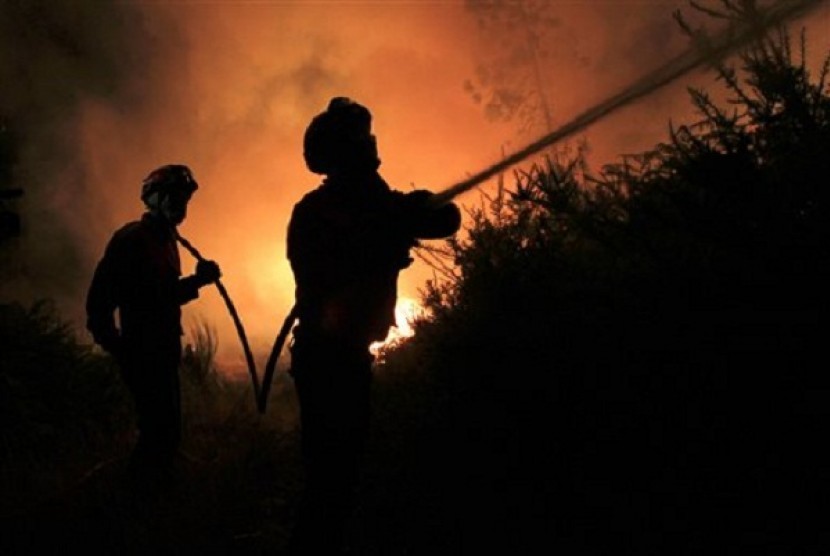

That question would drive him on to a doctorate and a series of papers on fire science with researchers at universities like MIT. Today he is director of AGIF, the Portuguese national fire control agency, but back in 2017 he was a corporate fire scientist, managing fire control for Navigator, the $1.5-billion Portuguese pulp company that grows eucalyptus in enormous plantation tracts for pulp and paper.Īfter nearly being killed in a plantation fire in 1998-two comrades had broken and run before the fire, which caught them-Oliveira had turned himself to the question of why Portugal’s fires seemed to be getting worse. “Portugal is the canary in the mine,” says Tiago Oliveira. It’s also a warning of what the future holds for Mediterranean-style ecosystems from Turkey and Spain to Greece and California as climate change drives increasingly longer dry periods. The new kind of mega-fire that broke out in the highlands of central Portugal on June 17, 2017, was the perfect firestorm brewed when an increasingly unstable atmosphere meets a landscape poised to burn. “It seemed,” she says, “like the fire would take the entire world.” The twisting column of flame coming for her seemed unstoppable. The bombeiros tried to pull the BMW’s passengers out of the car-“We were screaming, screaming, but they didn’t respond”-but the heat forced them back, and they watched the flame take the BMW and its occupants. But she had never seen any like it: As the flames bore down on them faster than they could run, with their truck on fire and their radios melted, she immediately understood that she was going to die. It was far from Rodrigues’s first wildfire. Every summer all types-doctors, teachers, mail carriers, college students-take their vacations at the local fire station, where they wait round the clock for word of fire. Rodrigues was not a professional-like three generations of her male relatives, she was a member of the bombeiros, the volunteer firefighting corps that since the 1950s has served as first line of fire defense for the towns of the rugged, hardscrabble, limestone hills of the Portuguese interior.

She blinked through the smoke at eucalyptus trees flying by, burning, in the winds of the biggest flames she had ever seen.
PORTUGUESE FIRE MAN SKIN
Rodrigues, then 24, stepped outside and her safety goggles immediately melted to her face as she ripped them off, skin came with them. It was high summer in 2017, and they had just crossed into the outer bands of the worst firestorm to ever hit Portugal, a presage for a new age of mega-fire that would soon stalk across landscapes from Spain to Australia. “I had time only to think, ‘We’re going to crash,’” she says, massaging the burn marks on her arms, and then the car plowed into them, and the five volunteer firefighters stumbled out from their ruined truck into an inferno. When the speeding BMW emerged out of the smoke of burning eucalyptus trees, heading straight for her firetruck, Filipa Rodrigues had no time to react. The Heinrich Boll Foundation and the Pulitzer Center provided grant support for this story.


 0 kommentar(er)
0 kommentar(er)
